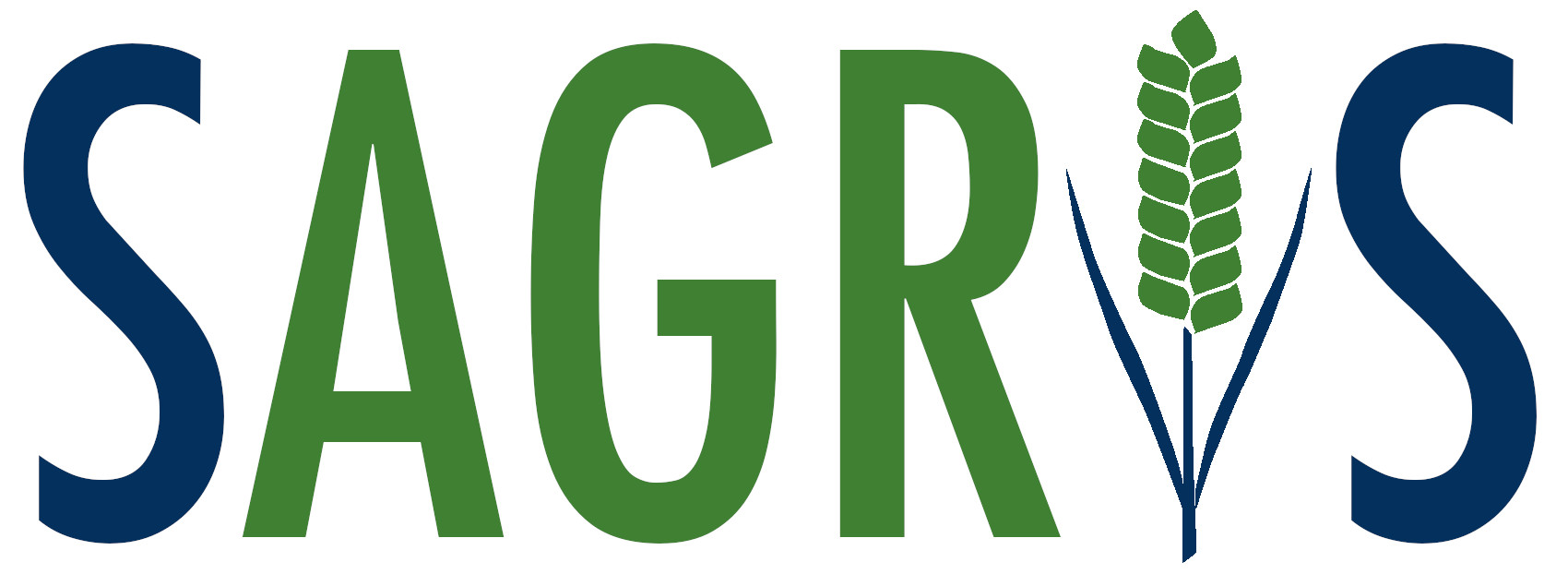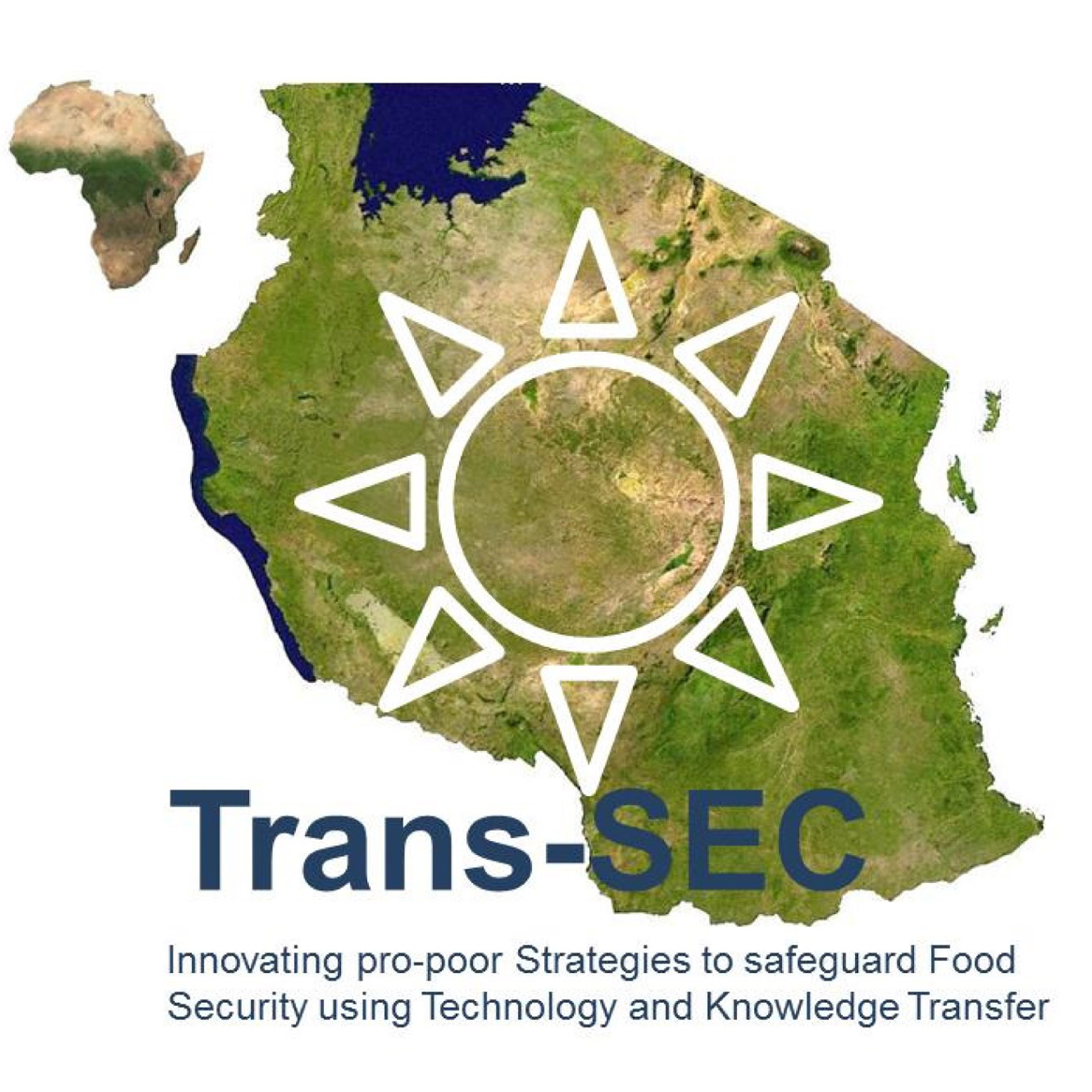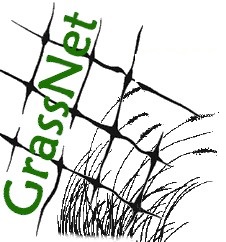Assessing a demonstration farm approach for technological innovations in pastoral livestock production systems of Northern Patagonia: Participants' perceptions of stakeholder roles and innovations
Experimental Agriculture, 54(5), 774–793, https://doi.org/10.1017/S0014479717000448Using a qualitative case study design, a demonstration farm approach implemented in northern Patagonia, Argentina, was assessed to examine differences in perceptions between participating stakeholder groups regarding their roles and how these affect the collaboration process. Moreover, differences in stakeholder perceptions regarding positive impacts and constraints of the implemented innovation (supplemental feeding of small ruminants) were assessed, as one exemplary innovation to improve low-external-input pastoral livestock systems. Three cases of demonstration farm projects were selected and a total of 31 semi-structured and narrative interviews were carried out with participating livestock keepers, extension workers and scientists. Together with information gained by employing visual tools and participant observation, data was analysed using qualitative content analysis. Results reveal that major decisions regarding the collaboration process were taken by scientists in advance, hence, livestock keepers' participation was used to meet predetermined objectives, which is characteristic to the concept of functional participation. While scientists seemed to transfer the control principles of on-station research to the on-farm situation, extension workers recognised the need for replacing teaching by the aim of creating learning opportunities. Here, incongruences in role understanding indicate an overall lack of joint role definition and the need of balancing power differences. Livestock keepers' perceptions of the supplemental feeding strategy highlight substantial management constraints for implementation, which were not recognised by scientists and extension workers, nor were they captured by the monitoring system implemented. We recommend furnishing the demonstration farm approach with principles, methods and tools of collaborative learning, to create a change in actors' understanding of roles and to induce a shift towards increased transdisciplinarity.





 NaviNut
NaviNut





